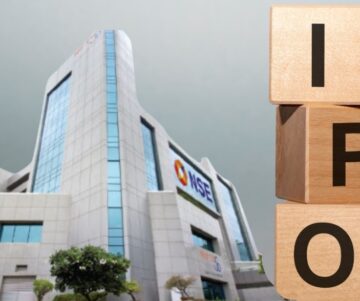
The Rise of Decentralized Finance: Revolutionizing the Financial Landscape
admin | March 20, 2023 | 0 | FinanceFinance has always been a dynamic field, evolving with changing times and technologies. In recent years, a groundbreaking innovation has emerged, reshaping the traditional financial landscape: Decentralized Finance, or DeFi. Leveraging blockchain technology and smart contracts, DeFi is revolutionizing how we manage, invest, and interact with our finances. This article explores the key concepts and implications of this transformative trend.
The Basics of DeFi:
Decentralized Finance refers to a system where financial activities are conducted on decentralized networks, primarily based on blockchain technology. Unlike traditional financial institutions that act as intermediaries, DeFi operates in a peer-to-peer fashion, enabling users to engage directly with financial services. This eliminates the need for intermediaries, reducing costs, increasing efficiency, and enhancing accessibility.
Smart Contracts and Automation:
One of the core elements of DeFi is the utilization of smart contracts. Smart contracts are self-executing agreements that automatically execute the terms of a contract once predefined conditions are met. These contracts eliminate the need for intermediaries, as the terms are encoded directly into the blockchain. This automation streamlines processes, reduces human error, and enhances trust and transparency.
Lending and Borrowing:
DeFi platforms offer a range of lending and borrowing services. Users can lend their digital assets to earn interest or borrow funds by leveraging their existing assets as collateral. DeFi lending and borrowing protocols facilitate these transactions, determining interest rates and collateral requirements algorithmically. This democratizes access to credit, enabling individuals who may not have access to traditional banking services to participate in the financial ecosystem.
Decentralized Exchanges:
Another crucial aspect of DeFi is decentralized exchanges (DEXs). DEXs enable users to trade cryptocurrencies directly with one another, without relying on centralized intermediaries. These exchanges leverage smart contracts to facilitate peer-to-peer transactions securely. DEXs provide greater privacy, control, and liquidity, while reducing the risk of hacks and scams associated with centralized exchanges.
Governance and Decentralization:
DeFi protocols often incorporate decentralized governance models, allowing users to participate in decision-making processes. Through voting mechanisms, users can influence the direction of a protocol, propose changes, and allocate resources. This democratic approach empowers the community and reduces the concentration of power in the hands of a few.
Challenges and Opportunities:
While DeFi presents exciting possibilities, it also faces challenges. The technology is still in its early stages, and scalability issues and security vulnerabilities need to be addressed. Regulatory frameworks are also evolving to keep pace with this rapidly changing sector.
However, the potential benefits of DeFi are enormous. It opens up financial opportunities to the unbanked and underbanked populations globally. It enables financial inclusion, promotes economic empowerment, and disrupts the traditional banking sector. DeFi has the potential to reshape the global financial system and democratize access to financial services.
Conclusion:
Decentralized Finance represents a paradigm shift in the financial industry. By leveraging blockchain technology, smart contracts, and decentralized networks, DeFi offers a more inclusive, efficient, and transparent financial ecosystem. While challenges remain, the transformative potential of DeFi cannot be ignored. As it continues to gain traction, we can expect a future where individuals have greater control over their finances and the traditional financial system undergoes significant transformations.













